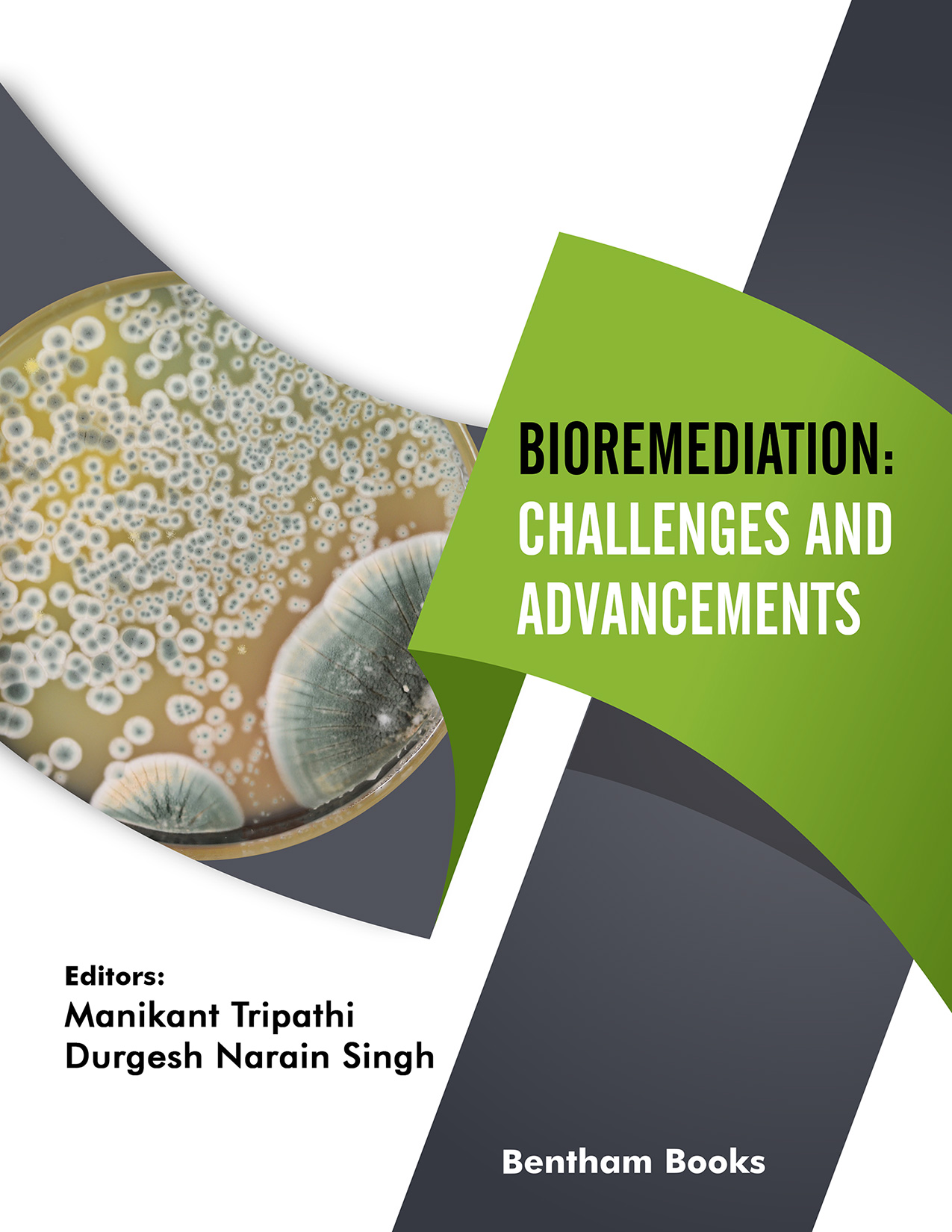Bioremediation Strategies for the Decontamination of Solid Waste Pollutants

- Authors: Geetu Singh1, Umesh Pankaj2, Rajesh Kumar Verma3
-
View Affiliations Hide Affiliations1 Division of Agronomy and Soil Science, CSIR Central Institute of Medicinal and AromaticPlants, Lucknow, India-226015 2 College of Horticulture and Forestry, Rani Lakshmi Bai Central Agricultural University, Jhansi,Uttar Pradesh, India-284003 3 College of Horticulture and Forestry, Rani Lakshmi Bai Central Agricultural University, Jhansi,Uttar Pradesh, India-284003
- Source: Bioremediation: Challenges and Advancements , pp 160-190
- Publication Date: March 2022
- Language: English
Countries around the globe, including India, face big environmental challenges related to waste generation, improper collection, transport, treatment, and disposal. The huge solid waste generation is also directly correlated with the large urban population and damage the ecosystem. The sludge contains various types of toxic substances such as detergents, pesticides, soluble salts, and a substantial quantity of various heavy metals like zinc, copper, nickel, cadmium, mercury, chromium, and lead that obstruct metabolism and specific enzyme activities. Therefore, a sustainable technique for remediation of such toxic metals and other pollutants from contaminated sites needs to be developed. Several findings have been demonstrated in the present chapter for the use of various efficient plant species to clean up heavy metal and other hazardous materials from sewage and tannery sludge.
-
From This Site
/content/books/9789815036039.chap6dcterms_subject,pub_keyword-contentType:Journal -contentType:Figure -contentType:Table -contentType:SupplementaryData105

